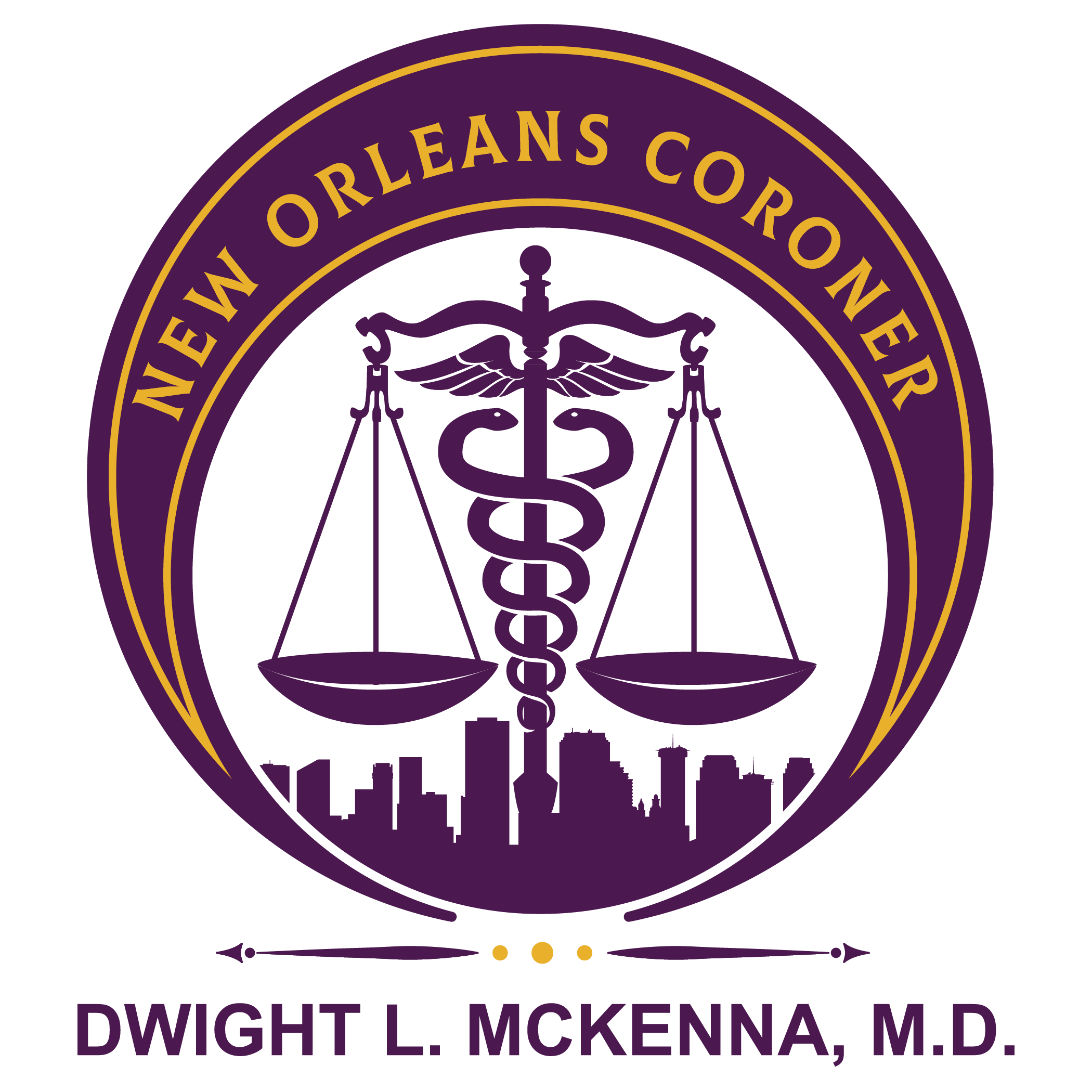According to New Orleans Coroner, Dr. Dwight McKenna, and the CDC, If
you are fully vaccinated, you can resume activities that you did safely prior to the
pandemic while wearing a mask.
The best way to prevent illness is to avoid being exposed to this virus. Learn
how COVID-19 spreads and practice these actions to help prevent the spread
of this illness.
To help prevent the spread of COVID-19:
-Wear a mask to protect yourself and others and stop the spread of
COVID-19.
-Stay at least 6 feet (about 2 arm lengths) from others who don’t live with
you.
-Avoid crowds and poorly ventilated spaces. The more people you are in
contact with, the more likely you are to be exposed to COVID-19.
-Get a COVID-19 vaccine when it’s available to you.
-Clean your hands often, either with soap and water for 20 seconds or a hand
sanitizer that contains at least 60% alcohol.
-Avoid close contact with people who are sick.
-Cover your cough or sneeze with a tissue, then throw the tissue in the trash.
-Clean frequently touched objects and surfaces daily. If someone is sick or
has tested positive for COVID-19, disinfect frequently touched surfaces.
Dr. McKenna says wearing a mask cuts new covid-19 cases by 53%.
Social distancing and hand washing are also effective at lowering the
numbers. Dr. McKenna also says there is mounting evidence that some
antidepressants (like Prozac) could lessen the severity of the illness.
Many ask about the risk of Covid from public bathrooms. Studies show a
systematic review of studies of infections found no evidence of airborne
transmission of respiratory or enteric pathogens in public washrooms. “What
most of the studies show was that what’s really important is to have good
hand hygiene,” says McKenna.
Dr. McKenna says many people are impacted by the effects of Covid. Job
stress has been seen by health care workers, and other first responders such as
– police officers, firefighters, paramedics and emergency medical technicians.
Also, PTSD can manifest itself in several different ways. Some people may
have trouble sleeping (including insomnia and nightmares), work avoidance
or changes in mood, trouble concentrating and hyper-vigilance. “Covid has
been an unrelenting series of new stressors. It is likely going to increase,
trauma has no real timeline and can show up months or even years after the
pandemic,” McKenna says.
